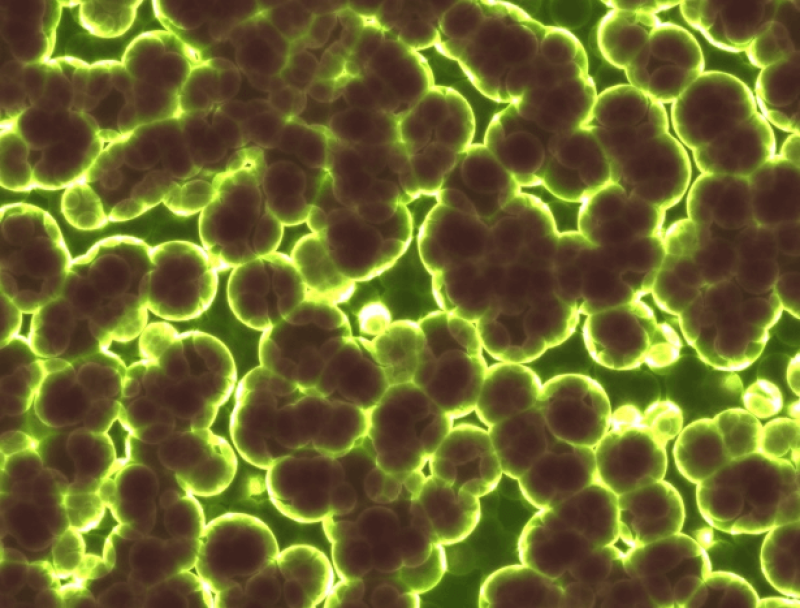Microbes are ancient—they were evolving on the planet for millions of years before humans came along. So it’s no surprise that they’ve developed intricate relationships with other living systems. They feed on chemicals in their environments to produce other chemicals—some of which are more beneficial to nearby organisms than others.
The question is: can we tweak the genomes of these microbes to control exactly which chemicals they break down or produce? Imagine the possibilities. What if we could get microbes to help us reduce pollution? What if we could create microbes that make medicines, or that churn out gut-friendly products in our intestines?
Modified microbes seem to help treat cancer in mice, and human trials are on the way, as I reported earlier this year.
“We got $70 million to develop precision microbiome-editing tools,” says [Brad] Ringeisen. The team is focusing on using CRISPR to change the behavior of microbes—not just bacteria, but also their lesser-studied co-habitants, such as fungi and archaea. The idea is that feeding such treatments to people or animals could get their gut microbiomes to a healthier state.
The likely first recipients of such treatments will be cows.































